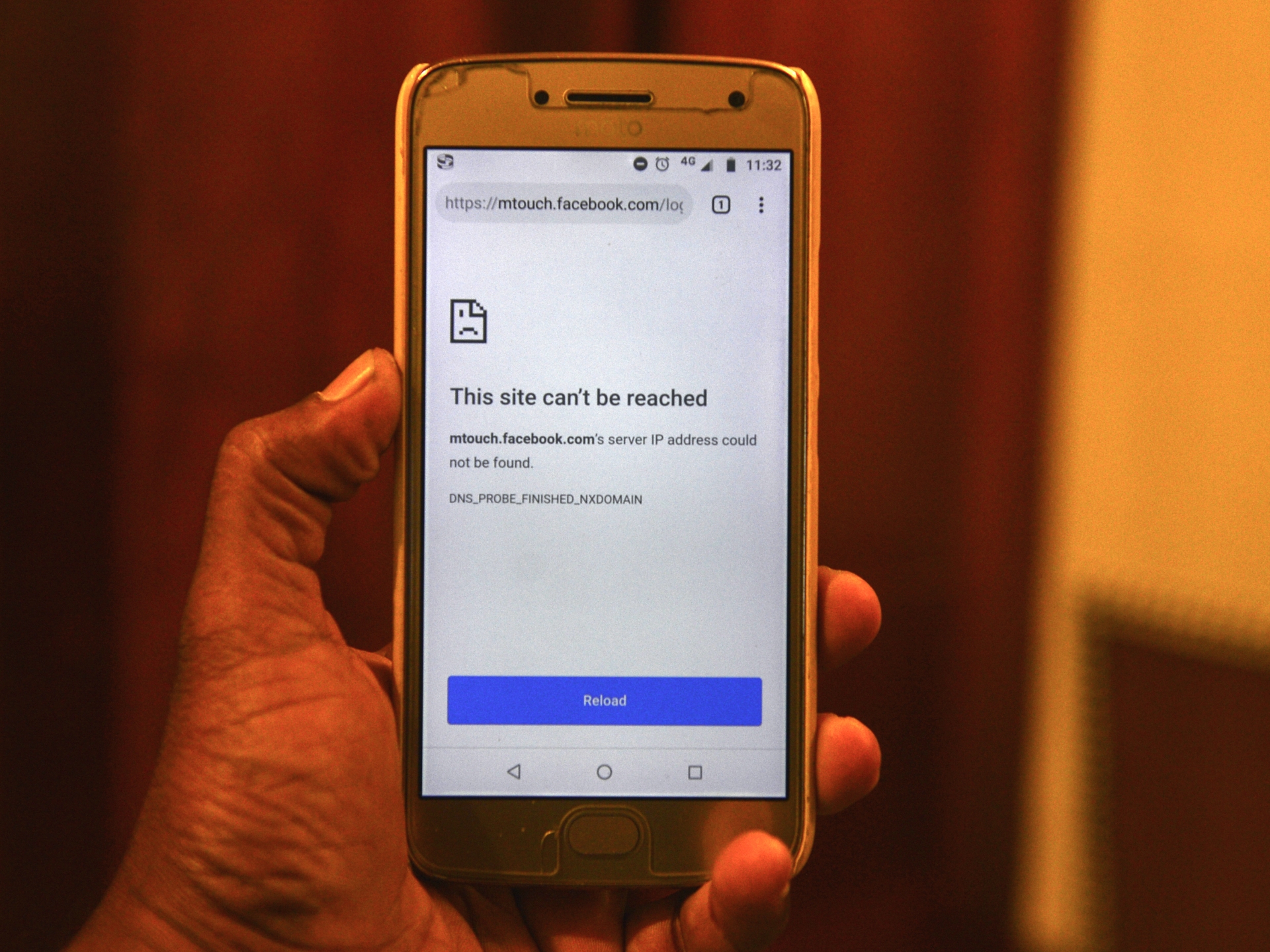A new report by Access Now and the #KeepItOn campaign finds 35 countries have hit the kill button over the past year.
A record number of countries have enforced internet shutdowns in 2022 that had a “devastating impact on human lives”, a new report has found.
The digital rights group Access Now and the #KeepItOn campaign – a coalition of about 70 organisations – documented 187 blackouts following protests, active conflict, examinations, elections and political instability.
These were introduced across 35 countries, the highest number in a single year since the groups began collecting data in 2016, the report said.
India emerged as the single “biggest offender” for a fifth consecutive year, with at least 84 internet blackouts in 2022.
Setting aside India, last year also saw the highest total number of shutdowns in the rest of the world to date.
Ukraine suffered 22 shutdowns imposed by the Russian military during its full-scale invasion, while Iran followed with 18 during mass protests around the country.
Shutdowns in Ethiopia’s Tigray region since 2020, and in regions across Myanmar since 2021, were the longest recorded, lasting more than two years.
Felicia Anthonio, #KeepItOn campaign manager at Access Now, said authoritarian regimes and democracies disrupted the internet to “fuel their agendas of oppression – manipulating narratives, silencing voices, and ensuring cover for their own acts of violence and abuse”.
“Secure internet access belongs to all, and we will continue to meet these attacks on human rights with collective defiance,” Anthonio said.
The report’s authors warned the number of shutdowns was rising again after reaching a peak of 213 blackouts in 33 countries in 2019 and then dropping to 159 in 2020 during the COVID-19 pandemic.
Internet matters
The human toll of conflict-related shutdowns is “immense”, the report found, with blackouts hampering international humanitarian efforts and restricting access to life-saving information about troop movements and humanitarian corridors.
Perpetrators imposed 48 shutdowns across 14 countries to shroud violence and serious human rights abuses, such as murder, torture, rape or apparent war crimes, whether in conflict zones or during mass protests.
While the effect is especially profound in contexts where people are most at risk of violence, all internet shutdowns violate human rights.
Shutdowns deepen the gender digital divide, disrupting the ability of women to conduct business or access information on reproductive healthcare, the report said.
Lack of access to resources, an inability to communicate with loved ones, and difficulty sending or receiving news and conducting business are all consequences of disrupted internet access.
Some governments are becoming “more sophisticated and intentional” about how they implement shutdowns to target certain groups and minimise economic repercussions.
Perpetrators also use shutdowns in “evident attempts to force people onto alternative platforms and infrastructure where surveillance and censorship are easier to implement”.
Turkmenistan, which implemented four shutdowns in 2022, is reportedly developing a centralised national intranet, which suggests the government will take additional technical measures to assert more control over digital spaces.
“We call on all stakeholders to do their part in advancing our cause to uphold free expression and keep people connected,” #KeepItOn said. “It is clear that the fight against internet shutdowns will continue.”
